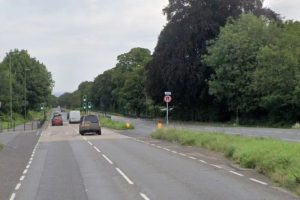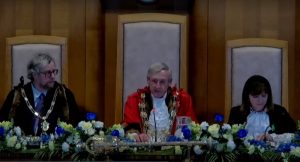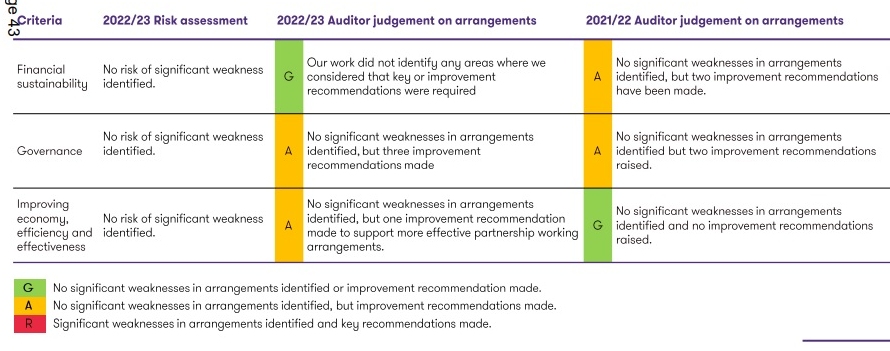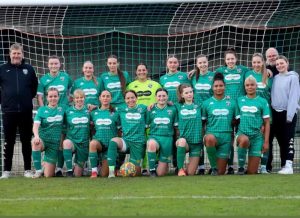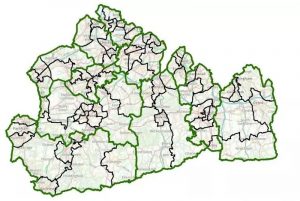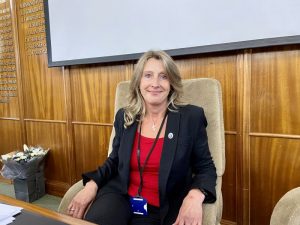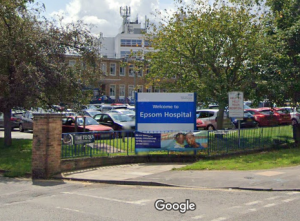Pressure to free up hospital beds can “rush” clinicians to make under-informed decisions and discharge plans, a coroner has found.
A man who tragically died from hypothermia and chronic alcoholism in Epsom General Hospital prompted a coroner to raise concerns that demands on beds can put patient safety at risk.
A local man was admitted to hospital three times from October 22 to December 5, 2022. Each time, the underlying cause of his condition was not diagnosed and he was soon after found to be medically fit for discharge. He died on December 12 2022, after being found profoundly hypothermic the previous day.
Coroner Caroline Topping found: “Pressure on staff to vacate hospital bed spaces led to inadequate discharge planning and more than minimally contributed to the death.”
It was accepted by the Epsom and St Helier NHS Trust that pressure to vacate hospital bed spaces contributed to the inadequacy of discharge planning. The coroner ruled the need to free up a bed space led to the patient’s rushed release on December 5, 2022 without an adequate care plan being in place.
Nationally, the NHS faces significant pressures to use beds as efficiently as possible. The Trust said it will never willingly compromise a person’s safety by discharging them sooner than it should.
Clinicians and staff discharged the patient without knowing what underlay his deterioration and how his ability to self-care was impacted.
His expressed wish to go home alone was “erroneously” relied on to justify an “unsafe” discharge on the basis he had capacity to make a decision, according to the coroner’s prevention of future death report.
An inquest on March 12 2024, heard how the man was suffering from alcohol related brain damage, impacting his mobility and fluctuating confusion. Malnourished, as a result of his chronic alcohol use, his health had declined and he lost a significant amount of weight over the summer.
Continuing to “abuse alcohol”, he was self neglecting and his ability to live alone was reduced. He developed hypothermia in an inadequately heated flat and had not been eating properly.
Contrary to NHS policy, the man was not identified as a vulnerable patient. Any adult unable to take care of themselves (e.g. alcohol as a risk factor) is defined as a vulnerable adult.
The coroner found there was a lack of information sharing and investigation in relation to the discharge planning for the patient.
Reportedly unaware of the discharge planning policy, staff made decisions in a vacuum. There was no understanding of the mans’s recent history of frequent admissions, his diagnosis or sufficient investigation of his home circumstances.
The man’s family was not involved in the discharge planning. Concerns were raised by the family on a number of occasions about his ability to look after himself. No heed was paid to these worries and the man was discharged on December 5 to live at his own flat without an adequate care plan in place. He died a week later.
The coroner’s report states the Trust has already put in place a number of improvements around effective information sharing and recognition of safeguarding issues, including self-neglect.
However, she “remained concerned” that the hospital’s discharge policy remains under review, including how families are involved, meaning it has not been possible to access how effective it is.
The coroner wrote to St George’s Epsom and St Helier Hospital Group and NHS England to raise her concerns, which also included pressure to vacate beds leading to rushed under informed decision making and ability to prepare ‘properly considered’ discharge plans, urging them to take action to reduce the risk of future deaths.
A Trust spokesperson said: “We are deeply sorry that we didn’t give [the man] the care that he and his family were entitled to expect, and our heartfelt apology and condolences go out to [his] family.
“We took immediate steps to review our discharge process, adding in additional checks, greater contact with families of vulnerable patients and we have also improved safeguarding training for our staff.”
Epsom and St Helier Hospital added they will respond fully to the coroner’s concerns within the set timeframe, by June 12, 2024.
Rated as ‘good’ in an inspection in 2019, the Care Quality Commission (CQC) said it has received the coroner’s report on the hospital. The CQC said, as always, it will utilise the information during its forthcoming engagement meetings with the Trust.


